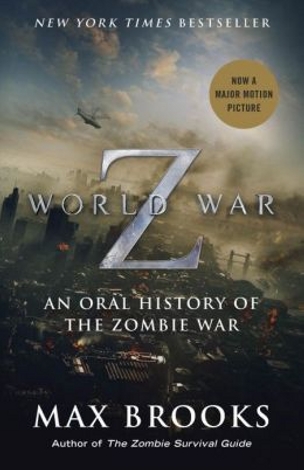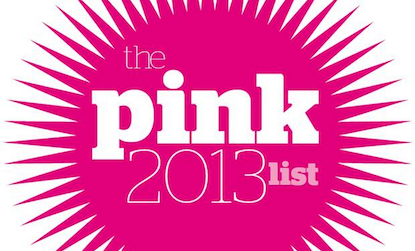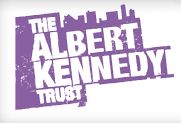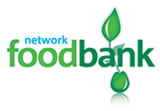 |
I bought World War Z: An Oral History of the Zombie War after watching the World War Z film. I loved the film and was looking forward to the book. But it’s taken me over a year to read it.
World War Z: An Oral History of the Zombie War is written in an interview style, interviewing people from across the world, their memories unfolding what happened in the fictional zombie war. I had a huge problem with this style for two reasons. Firstly, the reviews were set post World War Z. This meant that the reader knows from the outset that the characters being interviewed would survive, even if they be damaged physically or emotionally (which was usually apparent at the outset of the interview). Secondly, there were so many different characters interviewed that I simply didn’t care for any of them. When the reader finds it difficult to connect with an ever-changing cast of characters it makes it difficult for you to care about their loss of family members, friends, colleagues, etc. |
World War Z: An Oral History of the Zombie War is well researched. Brooks has considered the politics, culture, society and economic operations of each country his interviewer visits. He demonstrates his exceptional knowledge of traditional warfare. The plot starts with the initial actions countries would likely take to a Zombie War. When these inital reactions don’t work Brooks moves the plot on to more extreme actions.
Brooks explores the entire globe (and beyond) through the interviews showing how the human race overcome the threat of extinction by coming together and working together. Humanity working together differently and creatively. The ending of the book is satisfactory; filled with hope for humanity, but is a little over sentimental for the genre.
Some people will love World War Z: An Oral History of the Zombie War by Max Brooks; others will hate it. I neither loved or hated it. If anything it was mediocre and unexceptional.
We’ve all imagined what we’d do in a zombie apocalypse and for this reason alone I still want to read The Zombie Survival Guide by Max Brooks.
World War Z: An Oral History of the Zombie War by Max Brooks is available to buy on Amazon.
Review soon,
Antony







A great introductory article on candle magic :)
Hi Sofia, Thanks for the comment. I bought that in Glastonbury and he was a real find. I bought him…
Hi! I know this was posted ages ago and so a response may be rare but my dad has been…
Hi Ruth, Thanks for the comment. He might well have been. A x
Hi! Watching video and interviews with Charlie Watt, it had me wondering if he might have had Aspergers/ been on…